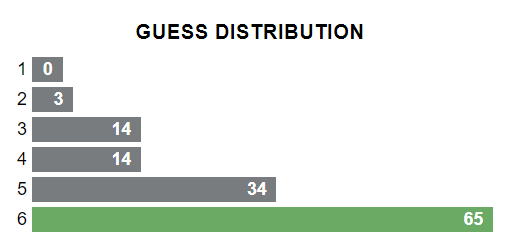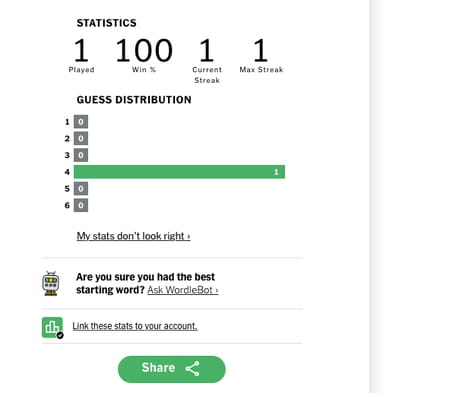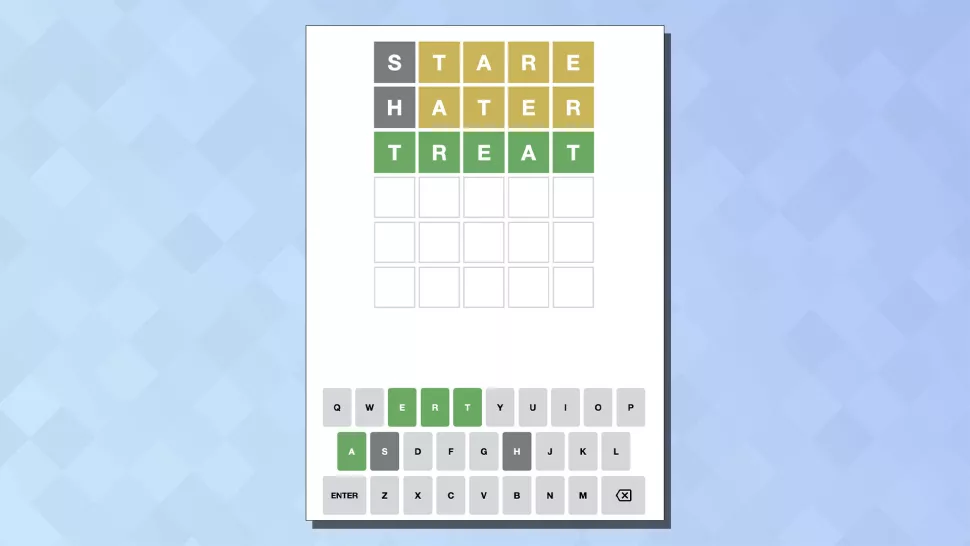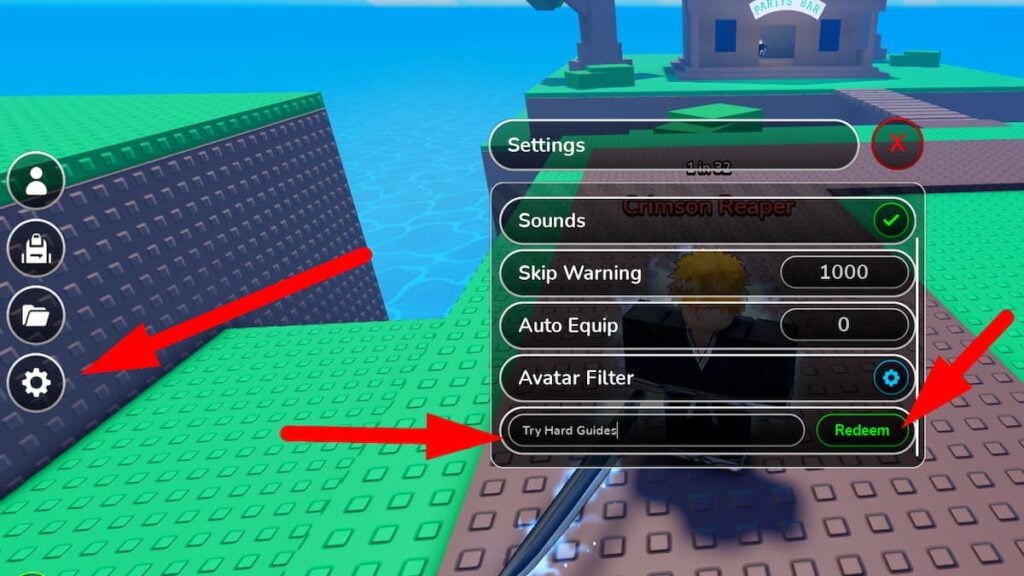The Art of Guessing: Wordle Hints Explained
Wordle has taken the world by storm since its inception, turning casual wordplay into a daily ritual for millions. The game is simple yet challenging: players have six attempts to guess a five-letter word using feedback from each guess. As straightforward as it may sound, mastering the art of guessing in Wordle requires strategy, linguistic knowledge, and a bit of luck. This article delves into the nuances of guessing hints in Wordle, providing readers with valuable insights and techniques to improve their gameplay.
Understanding the Basics of Wordle
Before we dive into strategies for guessing hints, it’s essential to understand the fundamental mechanics of Wordle. The game involves:
- Five-letter words: Each puzzle consists of a target word that is always five letters long.
- Color-coded feedback: After each guess, letters will be highlighted in three colors:
- Green: The letter is in the correct position.
- Yellow: The letter is in the word but in the wrong position.
- Gray: The letter is not in the word at all.
This feedback system is crucial as it guides players in making informed guesses in subsequent attempts.
The Importance of Strategy in Guessing

Winning Wordle is not merely about luck; it involves a strategic approach. Here are several strategies that can enhance your guessing skills:
- Start with Common Vowels and Consonants: Use guesses that contain frequently used letters. The most common letters in the English language include E, A, R, I, O, T, N, and S. A well-considered initial guess could be “SLOPE” or “RAISE.”
- Prioritize Vowels: Many five-letter words contain at least one vowel. Consider using words that have multiple vowels to maximize your chances of hitting the correct letters early on.
- Eliminate Common Letter Combinations: Identify and avoid common letter pairings that might not contribute to solving the puzzle, such as “TH” or “CH,” unless they are part of a suspected word.
Analyzing Letter Frequency
Understanding letter frequency can significantly improve your guessing strategy. According to various linguistic studies, the most frequently used letters in English words are:
- E
- A
- R
- I
- O
- T
- N
- S
Using this knowledge, players can devise initial guesses that maximize their odds of uncovering the target word’s letters. For instance, starting with “ARISE” provides a good mix of common vowels and consonants.
Utilizing Word Patterns and Structures

Beyond just guessing letters, players should pay attention to word structures. Many English words follow specific patterns, such as:
- Common Prefixes: Words like “UN,” “RE,” and “IN” are prevalent in the English language.
- Common Suffixes: Suffixes like “ING,” “ED,” and “ER” can help narrow down possibilities.
- Consonant Blends: Certain combinations of consonants frequently appear together, such as “ST,” “CL,” and “BR.”
Incorporating these patterns into your guesses can help you identify potential words more effectively.
Case Studies: Successful Wordle Strategies
To illustrate the effectiveness of these strategies, let’s explore a few case studies of successful Wordle players and their approaches:
Case Study 1: The Vowel Strategy

A player named Sarah found success by focusing on vowel-heavy words for her initial guesses. She often starts with “AUDIO” or “ADIEU,” which allowed her to identify the vowels in the target word quickly. By using this approach, she consistently reduced her guessing range in just two attempts.
Case Study 2: The Letter Elimination Method

Another player, Tom, adopted a different tactic. He focused on eliminating letters first. Starting with “CRANE,” he identified the presence of ‘R’ and ‘E’ but not ‘C,’ ‘A,’ or ‘N.’ This feedback led him to guess “TREND” next, honing in on the correct letters and positions.
Case Study 3: Pattern Recognition
A seasoned player, Linda, emphasized recognizing word patterns. After guessing “STORM,” she noted the ‘R’ and ‘O’ placements. By combining this with her knowledge of common suffixes, she quickly moved to “PROUD,” successfully solving the puzzle in just four tries.
Statistics: How Often Do Players Solve Wordle?
According to a survey conducted by the Wordle community, approximately 90% of players report solving the puzzle within six attempts, with most players achieving success in three to four guesses. This statistic reflects the growing familiarity with the game and the effectiveness of shared strategies.
Common Pitfalls to Avoid
While mastering guessing strategies can significantly improve your Wordle performance, players often fall into common traps. Here are some pitfalls to avoid:
- Focusing Too Narrowly: Some players become fixated on a specific letter or pattern, which can limit their options. Keep an open mind to different possibilities.
- Ignoring Feedback: Failing to analyze the feedback from previous guesses can result in repeated errors. Always adjust your strategy based on the information provided.
- Overcomplicating Guesses: While some players enjoy complex words, simpler guesses often yield better results. Stick to common words where possible.
Conclusion: Mastering the Art of Wordle
In conclusion, the art of guessing in Wordle is a skill that blends strategy, knowledge, and a bit of intuition. By starting with common letters, utilizing word patterns, and learning from past guesses, players can significantly enhance their gameplay. As demonstrated through various case studies, different strategies can lead to success, underscoring the importance of adaptability in the game. Remember to stay mindful of common pitfalls and continuously refine your approach. With practice and insight, you’ll not only improve your guessing strategy but also enjoy the game even more. Happy Wordle hunting!


